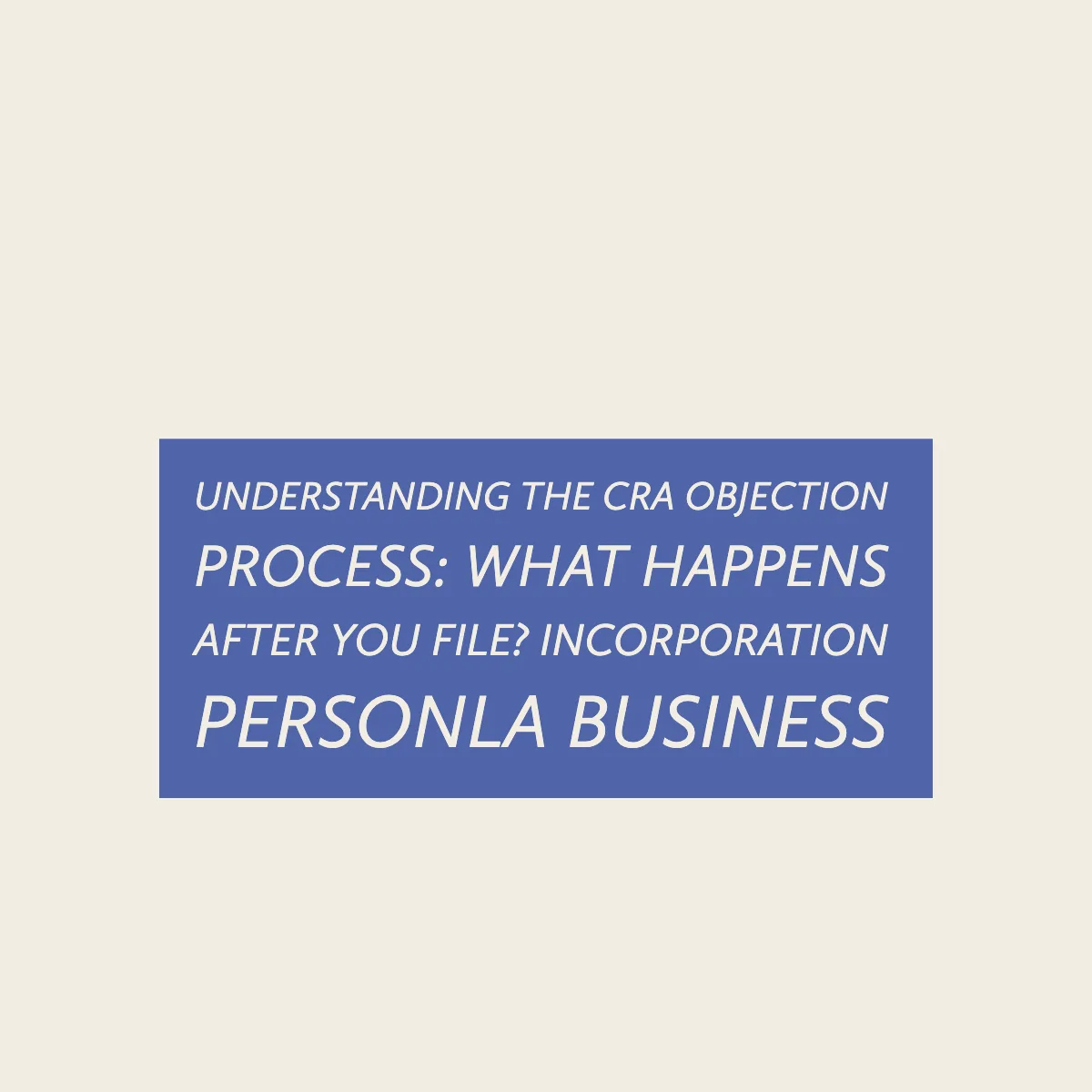Introduction:
Once you’ve taken the step to file an objection with the Canada Revenue Agency (CRA), it’s important to know what comes next. Here’s a breakdown of the post-filing process and what to expect:
Receiving a Case Number: After submitting your objection, the CRA will assign you a unique case number. Make sure to include this case number in all future communications related to your objection. It helps streamline the process and ensures that your case is properly tracked.
Invalid Objections: In some cases, objections may not meet the criteria for validity. If this happens, the CRA will send you a letter explaining why your objection cannot be accepted. It’s essential to review this letter carefully to understand the specific issues with your objection.
Reviewing Your Objection: The CRA will carefully review your objection, including all the details and supporting documents you’ve provided. If necessary, they may reach out to you or your authorized representative for further discussion. This communication aims to ensure that you fully comprehend the reasons behind the assessment and facilitate an open exchange of information.
Requesting Information: During the review process, you have the right to request certain documents related to your objection. This information can help you better understand the assessment and support your case. Here are the types of documents you can request:
- Copies of your tax returns.
- Reports prepared by an auditor that support your assessment.
- Auditor’s working papers relevant to the disputed issues.
- Records of discussions between an appeals officer and an auditor regarding your assessment.
- Copies of court decisions and relevant sections of legislation relied on by an auditor.
- Valuations used by an auditor to determine your assessment.
- Information from third parties involved in your business dealings, such as sales invoices and purchase orders.
Confidential Information: It’s important to note that certain information is considered confidential and cannot be provided to you. The CRA protects sensitive information to maintain the integrity of the tax system and uphold privacy standards. You cannot request the following:
- Personal information related to another person.
- Information from a third party obtained with an expectation of confidentiality.
- Information covered by solicitor/client privilege, including legal opinions and referrals.
- Confidential data from other government entities or treaty partners.
- Sensitive CRA audit techniques, limits, tolerances, and specific tests.
- Independent review reports on appraisals or valuations.
- References and responses from other CRA branches.
- Documentation linked to ongoing or planned investigations.
- Any document that could compromise the CRA’s position, including computer access codes.
The Final Decision: Ultimately, the CRA will make a final decision regarding your assessment. If they agree with your objection, they will adjust your tax return accordingly and send you a notice of reassessment or redetermination. However, if they disagree with your objection, you will receive a notice confirming the accuracy of the initial assessment or determination.
Understanding the CRA objection process and knowing your rights in terms of requesting information can help you navigate this important step in resolving tax-related disputes. It’s crucial to provide all relevant details and documents during the objection process to facilitate a fair and efficient resolution.



Leave a Reply